The five books you shouldn’t have missed in 2011
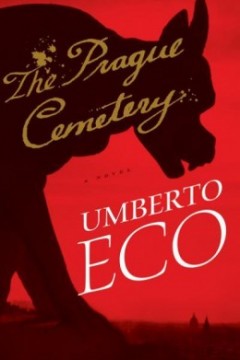
Our team selected for you their favourite books published in 2011. Unsolved crimes, love, politics or dark humour, which one will you read next?
Harlan Coben’s latest crime solver Live Wire is the tenth in a series of books based on the life of fictional character Myron Bolitar.
As usual Myron Bolitar is leading the life of a fast paced sport agent, trying to get his client’s out of trouble. Whilst dealing with an issue for a client, Myron runs into Kitty (his sister-in-law), whom he hasn’t seen for fifteen years.
Once he sees her withered junkie state, Myron sets out to search for his brother Brad. As the story progresses the protagonist heads down an unraveling spiral of lies about almost everyone he knows. Down this life changing path, Myron realises Kitty is linked to his client’s case and deals with death, drugs and crime in search of the truth.
Through this journey Myron’s biggest surprise is finding his brothers’ teenage son Mickey. The equally hot headed and witty uncle and nephew have a lot in common, such as their love for professional basketball, their height – both men are very tall – and not to mention their names (Mickey is short for Myron). Although this long lost relationship eventually makes itself present, Mickey wants nothing to do with Myron.
Through this dark untwisting story, Coben also manages to provide humour through the banter between Myron and his best friend Win, a character you cannot help but love.
For those who haven’t read any Harlan Coben books, you really don’t need to read the previous nine in the series to understand what’s going on. Coben manages to write a series book for new readers with enough background information to get you on track, whilst continuing to grab the attention of series aficionados. To start the series from the beginning Deal Breaker is the first on the list of Myron Bolitar books.
Coben has once again managed to create a book full of wit, shock and surprises that always have the reader turning for the next page. Once finished, you’ll be eagerly waiting for the next book in the Myron Bolitar series.
Zanib Asghar
The Prague Cemetery by Umberto Eco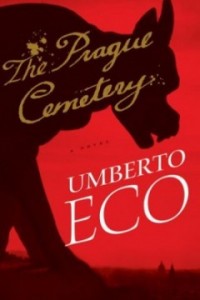
In Umberto Eco’s previous work Foucault’s Pendulum, the author depicted how three publishers could invent a conspiracy by cleverly reinterpreting history that in the end took on its own life, encompassing Masons, Opus Dei and the Illuminati. Something that didn’t seem so outlandish when years later people started believing the altogether more crass repetition of similar stories in the work of Dan Brown.
The Prague Cemetery is a return to this theme, this time focusing on a real fake document, one of the most infamous in history. The book tells the story of how The Protocols of The Elders of Zion came to be, a Tsarist forgery cited by anti-Semites as evidence of a worldwide Jewish Conspiracy throughout the 20th Century.
Nineteenth Century Europe is the perfect setting for Eco’s world of wily machination; a time where science and political theory hadn’t quite solidified into our own modern attitudes but had the certainty bestowed by the enlightenment, a time of revolution and counter-revolution. Into this real historical milieu Eco places his fictional protagonist the forger Simonini, a man unsure of whom he is, and worried about a cleric who is intruding upon him and reading his diaries. Through flashbacks, in these diaries we learn how he has been nefariously involved in many of the events that began to shape modern Europe, as well as his poisonous attitudes towards humanity.
The wonderful thing about Eco’s novel is that, amidst the dark subject matter, there is a certain amount of black humour. The protagonist Simonini is such a Machiavellian misanthrope that, if he worked as a dutiful friend he would be plotting your death, the appropriation of your belongings, and how to cover his tracks, all without seeing any contradiction.
Occasionally the novel may veer close to the edge of acceptable taste, but it is all to make an important point: Simonini is a personification of the dreadful attitudes that those he works for use to their own advantage. He may be fictional but the scapegoating, demonisation and hatred of those whose bidding he does is all too real. As such, this could have been a grim read, but Eco’s astounding writing means even when staring into humanity’s dark heart, The Prague Cemetery can draw a smile by exposing its absurdity.
Mark Worgan
Amy Waldman’s breakthrough debut is a haunting and poignant story of an alternative future after the collapse of the Twin Towers.
The story follows Claire, a widow of one of the 9/11 victims and head of a committee set up for a competition to select a design for a memorial. As the competition is an anonymous one, the committee unwittingly selects Mohammad Khan, an Indian American and a Muslim.
Numerous characters follow in this dramatic and thought provoking tale, a combination of regular New-Yorkers, immigrants, survivors and families of those lost.
The story will make you think of the moral and ethical implications of a Muslim designing a memorial to the victims of a terrorist attack perpetrated by an extremist Islamic group. The characters all present a balanced view of how anyone would think.
Waldman demonstrates through the use of her characters what it is like for an American who is also a Muslim to live in an occidental world. The prejudgments, racial and sectarianism in a country dominated by Christian morals make it easy to sympathise with Khan. A highly enjoyable and heart breaking read on a tender subject.
Felicity Lyde
When God Was a Rabbit by Sarah Winman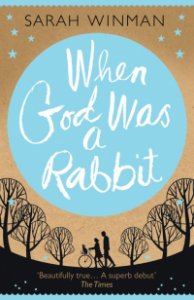
Sarah Winman’s debut novel, When God Was a Rabbit, is a compelling study of the influence of God, the rabbit, on a family life. Her book, masterpiece of fiction, examines how ordinary people get through the most uncommon and unbearable situations such as rape, bombing or kidnapping.
Winman’s book works on a thought provoking method and appeals to everyone’s deepest thoughts, creating inner and outer emotional debates.
The book is split simply into two parts: the first part concentrates on the life of Elly, a young girl to whom many of us can relate due to her relationship with her parents, the close bond with her best friend, and her vulnerability. Elly’s childhood is blotted by the imprint of her brother, Joe, who you can be sure to have a soft spot for.
Winman also introduces some lovely characters from Elly’s world who you cannot help but giggle at, such as tap dancers, a Shirley Bassey impersonator, and of course a rabbit called God.
The second part of the book takes place twenty years later: same characters, change of country, and produces even more drama!
Central to the book is the subject of family and the novel creates beautifully a setting where you can explore your own bond in relation to families. It is an excellent read and looks closely at Essex, Cornish and New York living. This book is so relatable and yet so eccentric in places. If God returns, he may just return as the rabbit that Elly held so close to her heart.
Paula de Burgh
Snowdrops by A. D. Miller
Snowdrops’ title may lead you to think that you’re about to read a story as delicate as the flowers that pop up as winter begins to lose its grip. Instead, A. D. Miller explained in an interview in The Guardian that Snowdrop was the Russian slang for a body that lies buried in the winter snow, emerging in the thaw, having lain there for months. The book also lulls you into thinking it might be a love story rather than the complex morality tale that it is. It comes in the form of a confessional from its narrator, Nicholas, to a future wife, outlining his time in Moscow.
Set in Russia’s boom of the last decade, it describes Nicholas’s time as a lawyer, doing a morally dubious but well paid job for an unscrupulous bank engaged in Russian oil deals. After saving two sisters from a mugging, he becomes involved with one of them, sharing intimate moments that overcome his worldliness and skepticism, leading him into situations that clearly he is less than keen to admit to his wife to be.
For Miller’s novel the confessional is the perfect device: it enables him to explore that traditional Russian theme of a lost and twisted morality and combine it with the very English notion of the ambiguity of abroad. Even though Nicholas reluctantly throws himself into all the exotic joys that Moscow provides, there’s the sense that he’s alien, temporary and expendable.
Given Miller’s time as a correspondent for The Economist in Moscow, one might expect some greater insight into Russian life than the stories that have become familiar since the fall of Communism: strip clubs full of businessmen who seem strangely comfortable with firearms, beautiful ice queens, oozing innocence and corruption from beneath fur coats.
It would be a shame if the book’s theme were only Russia itself instead of its narrator’s psyche. As it is, Russia’s blurred morality allows Miller to explore something equally as fascinating: humanity’s capacity to forget that underneath the pristine layers of snow, that there might be something more putrid and unpalatable.
Mark Worgan

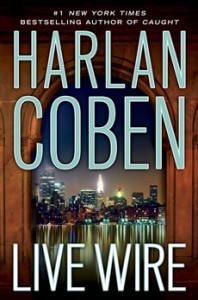
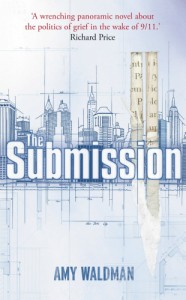



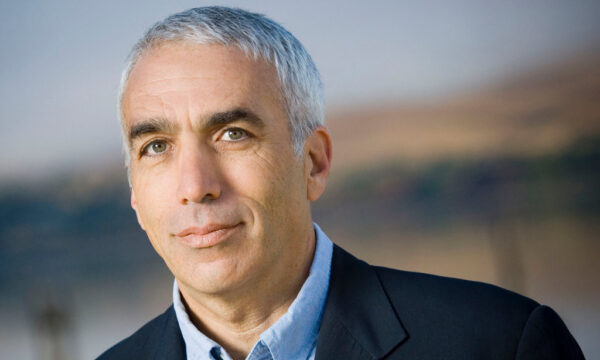
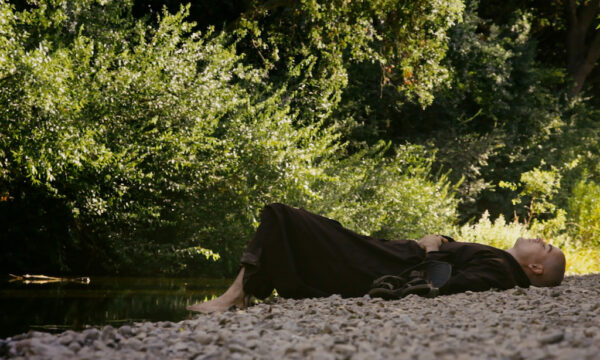

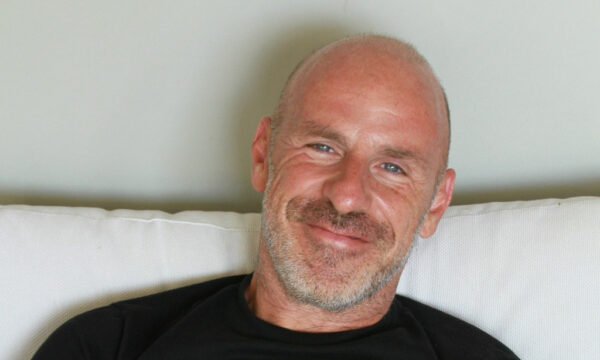

















Facebook
Twitter
Instagram
YouTube
RSS